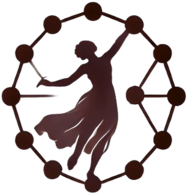Coordinators: Jessica Sainty, Alban Jacquemart (·JPEG)
WP3 uses political science methods to analyze the link between gender gap in scientific
production and gender policies in Europe. It draws on the findings of the sociology of science, which is
attentive to the concrete conditions of scientific production, to shift the focus to public policy: how do
gender equality policies affect women’s scientific activity? Using political sociology tools and public
policy analysis, the aim is to highlight how public problem of gender inequalities in science is
constructed by policy-makers, and so on understand how gender inequalities in scientific output are
still numerous compared to corrective measures taken.
To answer this question, WP3 draws on a comparative analysis of three countries. In addition
to France, two countries with contrasting situations regarding the gender dynamics in collaboration
networkswillbeidentifiedbasedontheoutputsofWP1(statisticalanalysis)andWP2(graphpatterns).
These two countries will be selected on the basis of our ability to produce an in-depth analysis of the
national scientific context, and the links between our areas of expertise (computer science, economics
and political science), and the other two countries scientific output. The analysis will put into
perspective gender dynamics in collaborative networks with the gender policies implemented in each
country. WP3 will then examine the possible effects of gender policies on women’s scientific activity,
while most research focuses on the effects on the academic positions held by women.
Deliverables:
- Cartography of gender policies and practices.
